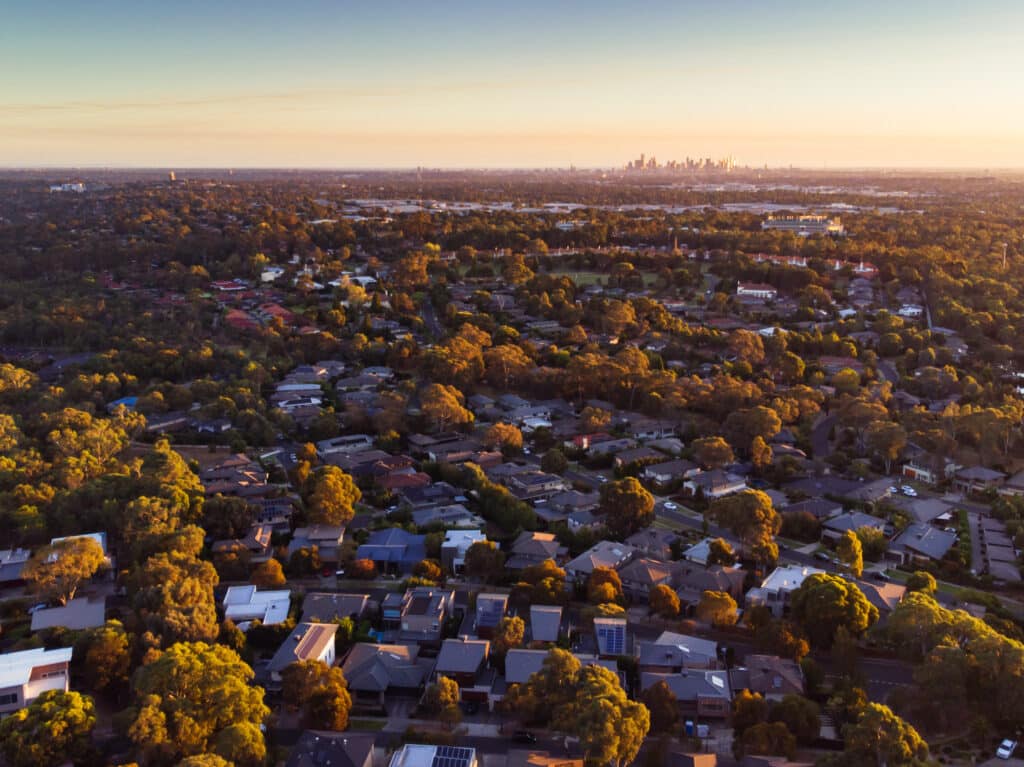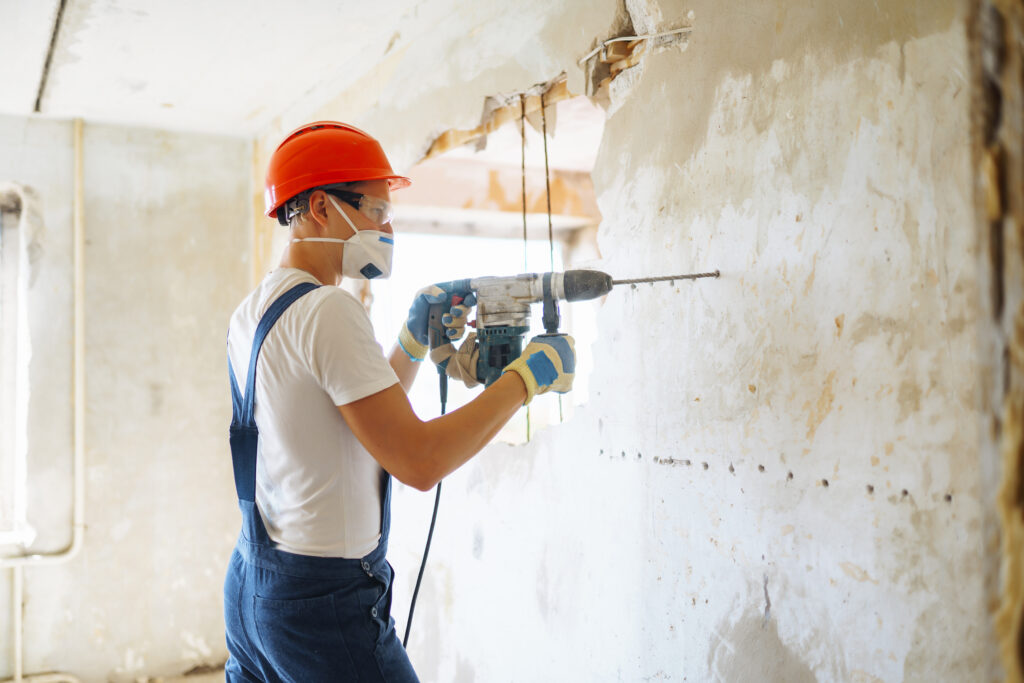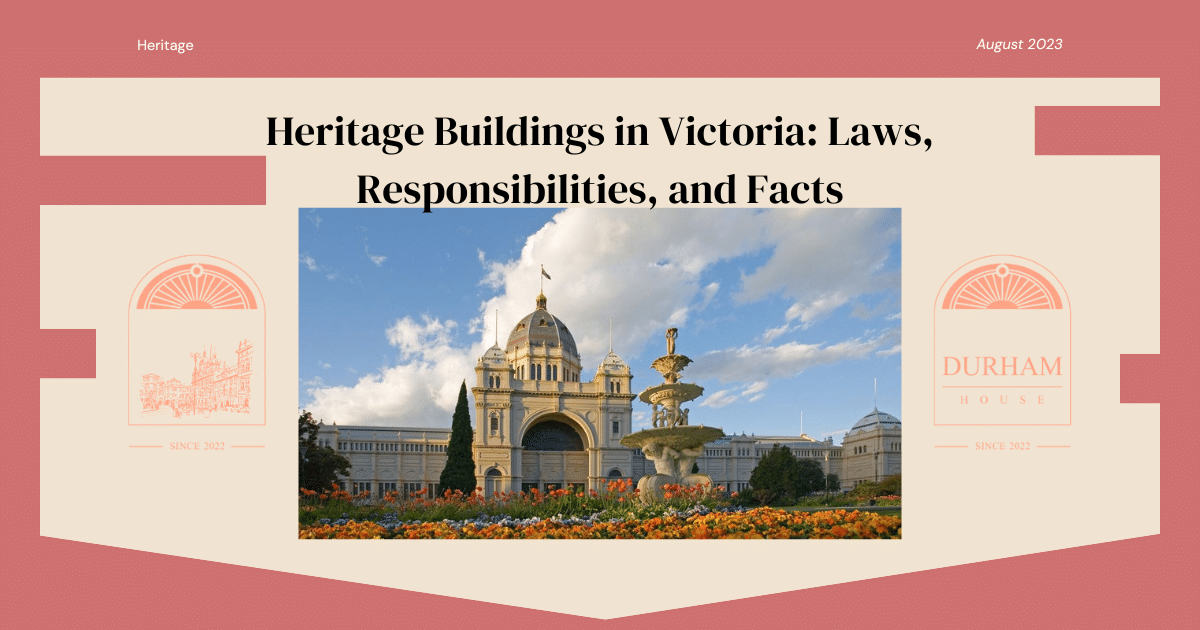If you’ve just bought – or are looking to buy – a heritage home in Victoria, you’re not just buying “an old house”. Heritage homes in Victoria are properties with historic, aesthetic or social features that have been assessed to be worth preserving for future generations. Maintaining and living in a heritage home in Victoria comes with its own unique set of rules and standards. In today’s article, we’re taking a closer look at Australia’s heritage building laws and answering the most commonly asked questions about heritage properties in Victoria. So, let’s get to it!
A Brief History of Australia’s Heritage Building Laws

Australia’s Heritage Laws are largely based on the proceedings of the UNESCO World Heritage Convention of 1972, with some specific laws and practices dating back as far as 1955. Australian laws on the matter include Aboriginal Land Rights (1976), Protection of Movable Cultural Heritage (1986), as well as various national, natural and historic acts and trusts – and any heritage property in Victoria can encounter multiple of these.
Say you just bought a building located on indigenous land that comes with certain antique pieces of furniture considered heritage and a curated garden that happens to host native endangered species. Well, this could easily touch on multiple indigenous, building, movable and natural heritage laws. In this article, we are only going to focus on heritage building laws in Victoria, but there could be a lot more you need to look into depending on the location, contents and status of your property.
Heritage buildings can broadly be classified into four categories. These are natural heritage, human-made heritage, practices and rituals; and culture and icons. As you can already tell, many of these categories often overlap and laws can be considerably different between indigenous culture and colonial culture, and may have completely different legislative or cultural bodies governing legal practices. In some situations (especially for indigenous culture) international treaties and international obligations play a factor as well.
Think that’s a lot to take in? Well, it’s also important to know that every state has different laws. While a lot are largely similar, there are some significant differences – especially between federally protected and state-protected properties. Once again, we’re going to keep our focus strictly on Victoria, but if you’re an international or from interstate and moving to or purchasing land or property in Victoria, just know that everything you’ve learned about your own state or country may not apply to Victoria and vice-versa.
Heritage Building Laws in Victoria: A Quick Summary
There are two main types of heritage protection in Victoria. First, there are private dwellings considered to have historic significance at a State level; these are protected by the Victorian Heritage Act 2017. These heritage-listed properties are included on the Victorian Heritage Register, and no work can be carried out, inside or out, without a permit (or permit exemption) from Heritage Council Victoria. The second is properties considered historically significant to the local community or municipality; these are protected by a heritage overlay administered by the local council or shire. If your home has a heritage overlay, and you’re planning to make any changes visible from the street (such as demolition) or other external alterations, you’ll most likely need a planning permit from the council.
I can hear you asking, “How do I know if a property is heritage listed?”. According to the Heritage Council Victoria, eight standard criteria are used to determine if a home has heritage value, including historical significance, rarity, research value, aesthetic value, technological value and social value.
Now, I’m sure you’ve got some more questions, so let’s answer some.
Can I Buy a Heritage Property in Victoria?

Yes, absolutely you can. The first thing you can do is check to see whether the land or property you wish to buy appears on the latest National Heritage List and Commonwealth Heritage List Assessments. Or better yet, check out the Heritage Victoria Website and search for the address of your new place. While not everything of heritage interest will be found here, it’s absolutely the best place to start and you’ll likely be dealing with Heritage Victoria quite a lot as you proceed.
The next thing to check in on is the Environment Protection and Biodiversity Conservation Act 1999. This is the primary framework for all legal protections relating to Heritage in Australia. Under the EPBC Act, a proponent of development is required to obtain approval for any activities which may have a significant impact on the heritage values of a Heritage site. This includes the sale of the property but also includes any renovations and even whether or not you’re allowed to live or operate a business there.
Can I Renovate or Make Changes to a Heritage Property in Victoria?
Yes, but only with permission. Don’t think that the job of Heritage Victoria is to stop you from doing anything with your new home or investment. In order to better protect the property Heritage Victoria knows that they also need to facilitate both the owner’s and modern needs such as electrical renovations or general repairs. To achieve this there is often funding available in order to promote conservation while allowing for modernisation, livable or marketable renovations. Your role is to protect what needs protecting, and Heritage Victoria is there to help you do that and also to help you achieve your wants and needs in the surrounding space.
Can I Repair A Heritage Property if it’s Damaged?

Yes, but like renovations this can only be done with permission. It’s well known that authorised “repairs” could be translated into unauthorised “renovations”, so Heritage Victoria is very strict on all repairs and renovations – but they are also prepared to help you with that to ensure the best results for everyone.
Can I Demolish A Heritage Property in Victoria if I Want to Build on the Location or if it is in Disrepair?
No, absolutely not. Heritage Listed properties are listed for a reason and it’s specifically to protect them from destruction. Some specific heritage can be relocated, but as a rule that is employed as a last resort and usually precedes criminal proceedings against whoever caused the move in the first place. In 2016 a pair of developers were fined $1,400,000 for demolishing a heritage-listed site in the city.
Can I Run A Business out of a Heritage Listed Property in Victoria?
Absolutely! With the right permissions, you can run any business you like. The pair of developers fined in the previous example? They were originally given permission to renovate and rebuilt the pub they illegally demolished in order to re-establish it as a pub. In South Melbourne, for quite a few years a Heritage Listed property operated as a Burlesque and Cabaret bar. It of course depends on the property you’ve purchased as to what you’re allowed to do with it, but so long as you seek out the appropriate permissions, you will most likely be able to do almost anything you want with it – except demolish it or conduct illegal “repairs” and “renovations”.
Is It Only Heritage Victoria I Have to Deal With?
No. In fact, often the greatest challenge will come from the local community. In 2017 a Minister was challenged by a local community organisation for refusing to list the Sirius Apartment Building on the State Heritage Register. The subsequent court proceedings upheld the challenge, declaring that the minister had failed in his duty and would be required to review the case again. Heritage is taken very seriously by many communities and even if a proposal is accepted by Heritage Victoria it may clash with the will of the community, so be certain to keep them in mind as well.
Are There Grants or Funding to Support my Purchase of a Heritage Property in Victoria?

Absolutely. Victoria wants Heritage to be taken seriously and they know working with owners is better than working against them – so long as the core goal of protection is upheld. If you would like to apply for a grant, check the website and see if you’re eligible.
Still Interested?
If you’re still interested in buying a Heritage listed property – great! Owning a little slice of history can be a genuinely joyous thing, and following the laws and regulations isn’t actually that hard once you get past the initial hurdles. At the end of the day, so long as you respect the property and take on the responsibility of being not merely an owner but a custodian of history, you’ll likely find the joys of owning a heritage-listed property are well worth the extra steps.





